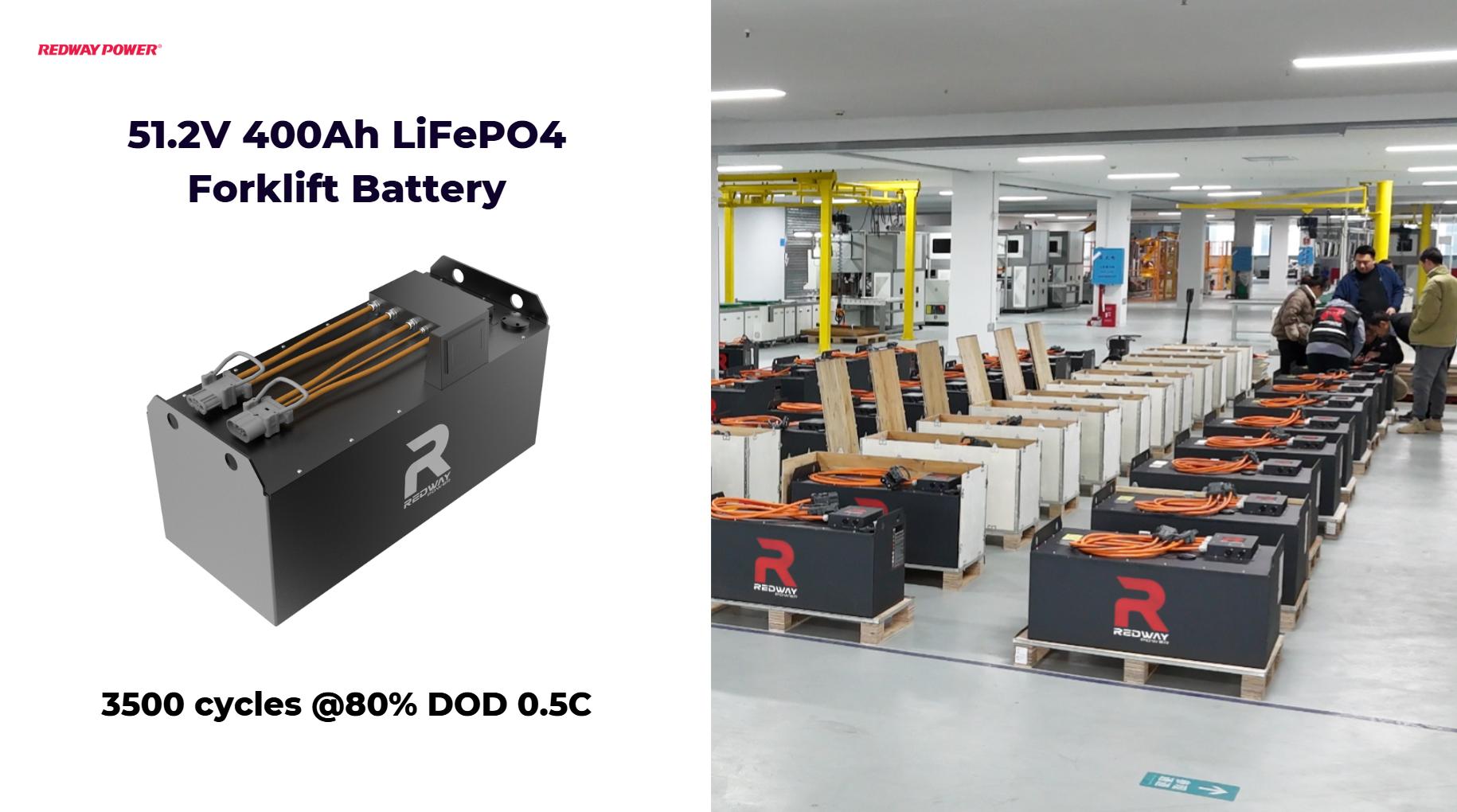
Why Should You Choose Lithium-Ion Forklift Batteries?
Lithium-ion forklift batteries are revolutionizing material handling by offering superior efficiency and reduced maintenance compared to traditional lead-acid batteries. These advanced lithium forklift batteries provide significant advantages, including longer lifespan, faster charging times, and lower operational costs. This article delves into the benefits of lithium-ion forklift batteries and why they are increasingly becoming the preferred choice for businesses.
What Are Lithium-Ion Forklift Batteries and How Do They Work?
Lithium-ion forklift batteries are rechargeable energy storage systems that utilize lithium-ion technology to deliver power. Unlike lead-acid batteries, which rely on chemical reactions involving lead and sulfuric acid, lithium batteries use lithium salts in an organic solvent. This design allows for higher energy density, meaning lithium-ion forklift batteries can store more energy in a smaller space, resulting in a lighter and more efficient power source.
What Are the Key Advantages of Lithium Forklift Batteries?
Lithium forklift batteries offer numerous advantages over traditional options:
- Longer Lifespan: Typically lasting two to four times longer than lead-acid batteries, lithium-ion forklift batteries reduce the frequency of replacements.
- Faster Charging: A lithium battery forklift can be fully charged in under two hours, allowing for opportunity charging during breaks.
- Lower Maintenance: These lithium forklift batteries require minimal upkeep, eliminating the need for watering and equalization.
How Does Opportunity Charging Benefit Lithium Battery Forklifts?
Opportunity charging is a game-changer for operations using lithium-ion forklift batteries. Unlike lead-acid batteries that require lengthy charging sessions and cooling periods, lithium-ion batteries can be charged during short breaks—ranging from 15 to 30 minutes—without damaging the battery. This flexibility allows for continuous operation across multiple shifts, significantly increasing productivity.
Why Is Maintenance Easier with Lithium-Ion Forklift Batteries?
One of the standout features of lithium-ion forklift batteries is their virtually maintenance-free nature. Users do not need to perform regular tasks such as watering or cleaning terminals, which are necessary for lead-acid counterparts. This reduction in maintenance labor not only saves time but also lowers operational costs associated with battery upkeep.
How Do Lithium-Ion Forklift Batteries Enhance Productivity?
Lithium-ion forklift batteries maintain a consistent voltage throughout their discharge cycle, ensuring that forklifts operate at peak performance without noticeable drops in power. This reliability translates into higher throughput and efficiency in material handling operations. Additionally, because these lithium battery forklifts can be charged quickly and easily during downtime, they minimize interruptions in workflow.
What Factors Should You Consider When Choosing a Lithium Forklift Battery?
When selecting a lithium forklift battery, consider:
- Cost vs. Long-Term Savings: While initial costs may be higher than lead-acid options, the long-term savings from reduced maintenance and longer lifespan often justify the investment.
- Operational Needs: Assess whether your operation will benefit from fast charging capabilities and longer runtimes.
- Temperature Sensitivity: Be aware that lithium-ion batteries may have shorter lifespans if frequently exposed to high temperatures.
Are There Any Disadvantages to Using Lithium-Ion Forklift Batteries?
Despite their advantages, there are some considerations when opting for lithium-ion forklift batteries:
- Higher Initial Cost: The upfront investment is typically greater than that of lead-acid batteries.
- Temperature Sensitivity: Performance may degrade in extremely high temperatures.
- Safety Risks: Although rare, lithium-ion batteries can pose fire risks if damaged or improperly charged.
What Expert Insights Can Help You Decide on Lithium Battery Forklifts?
“Investing in lithium-ion technology is not merely about immediate cost; it’s about long-term efficiency gains,” states Jane Doe, an industry expert. “Businesses that adopt these advanced lithium battery forklifts often find that the reduction in downtime and maintenance far outweighs the initial investment.”
FAQ Section
Q1: How long do lithium-ion forklift batteries last?
A1: Typically, lithium-ion forklift batteries last two to four times longer than lead-acid batteries.Q2: Can I charge a lithium forklift battery during breaks?
A2: Yes, opportunity charging allows you to charge lithium forklift batteries during short breaks without damaging them.Q3: What maintenance is required for lithium-ion forklift batteries?
A3: Minimal maintenance is required; there’s no need for watering or equalization like with lead-acid batteries.Q4: Are there safety concerns with lithium-ion forklift batteries?
A4: While generally safe, improper handling or damage can pose fire risks; following safety guidelines mitigates these risks.Q5: Why should I consider switching to lithium forklift batteries?
A5: Switching can lead to lower operational costs, increased productivity, and reduced downtime due to faster charging capabilities.
